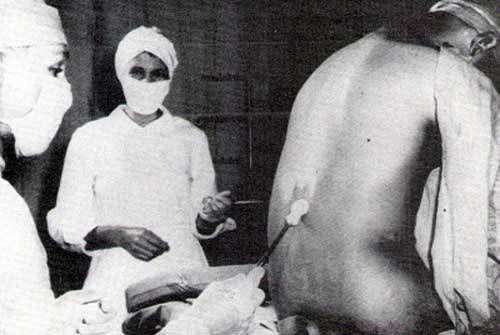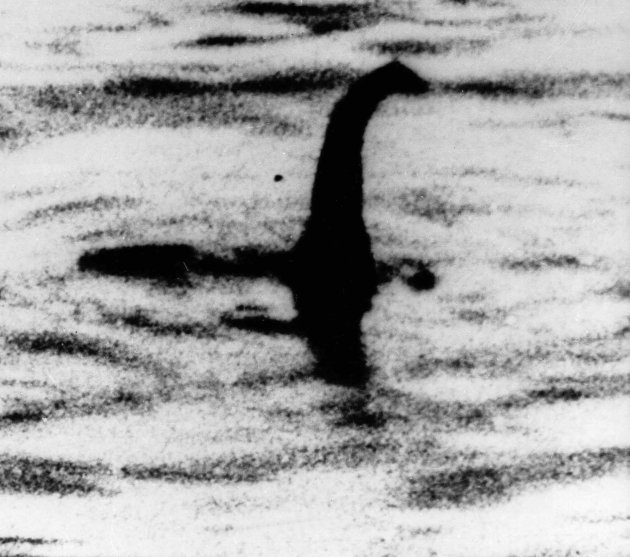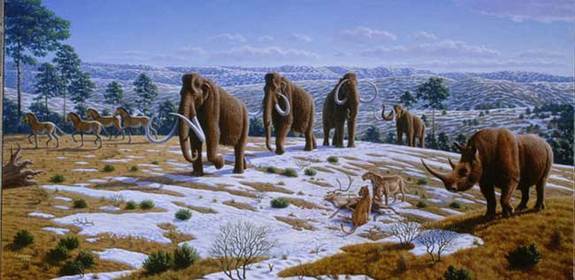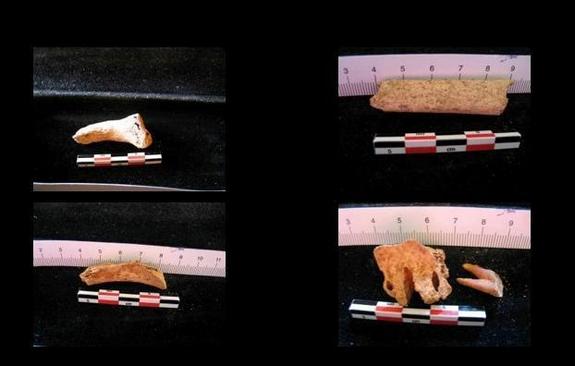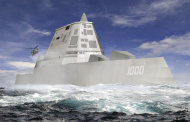"Crabs are alien. Their eyes stand up on stalks, waving without apology. Their ten legs each grasp the world, but mostly they keep to their realms of tidelands and sea bottoms. The river crab, Potamon fluviatile, sneaks along streams throughout much of Italy, Greece and nearby Malta, Albania, Croatia and Macedonia. It is, as crabs go, both interesting and ordinary. It is one of the crabs Aristotle would have seen, Homer too. It is a crab millions of children have grown up running from and toward screaming regardless of the direction. It is not a crab about which one hopes to make new discoveries; then someone did.
People have been keeping an eye on the river crab because like many species of crustaceans and nearly everything else in rivers and streams, its populations have been declining. We do terrible things to rivers and the species living in them. You have seen some of those things, and unfortunately, we do them nearly everywhere. Drop something into a river and it seems to disappear, and so we have dropped, dumped, poured and otherwise contaminated nearly every river in the world. In the Mediterranean we have been doing these things for thousands of years, especially in cities. As a consequence, crabs have gone locally extinct from most of the urban areas where they once lived.
Personally, I like crabs. You could not invent them if you did not know they existed. They are just a little too odd. Insects make do with six legs but crabs seem to need an extra set. And then there are their eyes, which might as well be legs the way they can look up and around corners. They gather what falls toward them. Those humans interested in rebirth seem to like the idea of being reborn as tigers or eagles but by my accounting, a great many bodies are reborn as crabs.
They have their weaknesses though, their tragic failings. Males of some crabs fight with claws so oversized they seem dysfunctional for other tasks. Then there is the way they move; it is all their own. Some can swim, sure. Others can hop a bit, but the movement that belongs to the crabs is the one that is named for them. It does not mean anything to ant or to beetle though you can certainly crab along or move crabwise.
But the real joy of crabs is walking along a shore and chasing them with your kids. The real joy of crabs is having them run over your feet. The real joy of crabs is that they exist and might just pop out of the hole you happen to have found on the shore or, in the case of the river crab, along some lovely bank. For all these reasons, when crabs disappear from rivers or shores, I think something more than a species is lost; we lose a whole kind of being. Once crabs are gone, children just chase each other. Once the crabs are gone, crabbing stops being a way of walking and just becomes a complaint. Without real crabs, the only things left crabbing are our neighbors. The crabs don t crab and somehow we are all lesser for it.
Then there is
Rome. It came as a surprise to the world of crab-loving people (though perhaps not crab-loving Roman children) when in 1998 Massimiliano Scalici and colleagues at the University of Rome Tre saw the river crab beneath their city, the biggest city in Italy and one of the biggest cities in the world. One imagines their first temptation was to catch them, which is ultimately what they did, some of them anyway. Where no crabs were thought to exist, Scalici and colleagues found hundreds, looking up at them out of their long, stalk-eyes. The crabs, for their part, appear to have been there quite a while, unnoticed, perhaps glad for it."
Read more of the article here:
http://news.yahoo.com/ten-legged-species-evolved-beneath-rome-204900660.html

